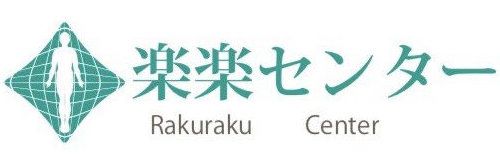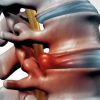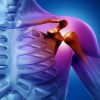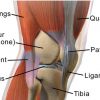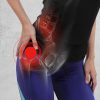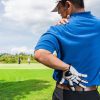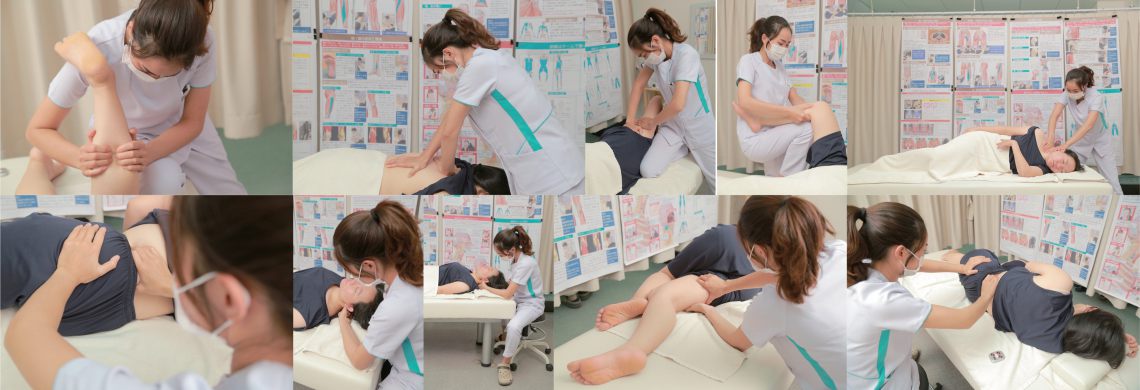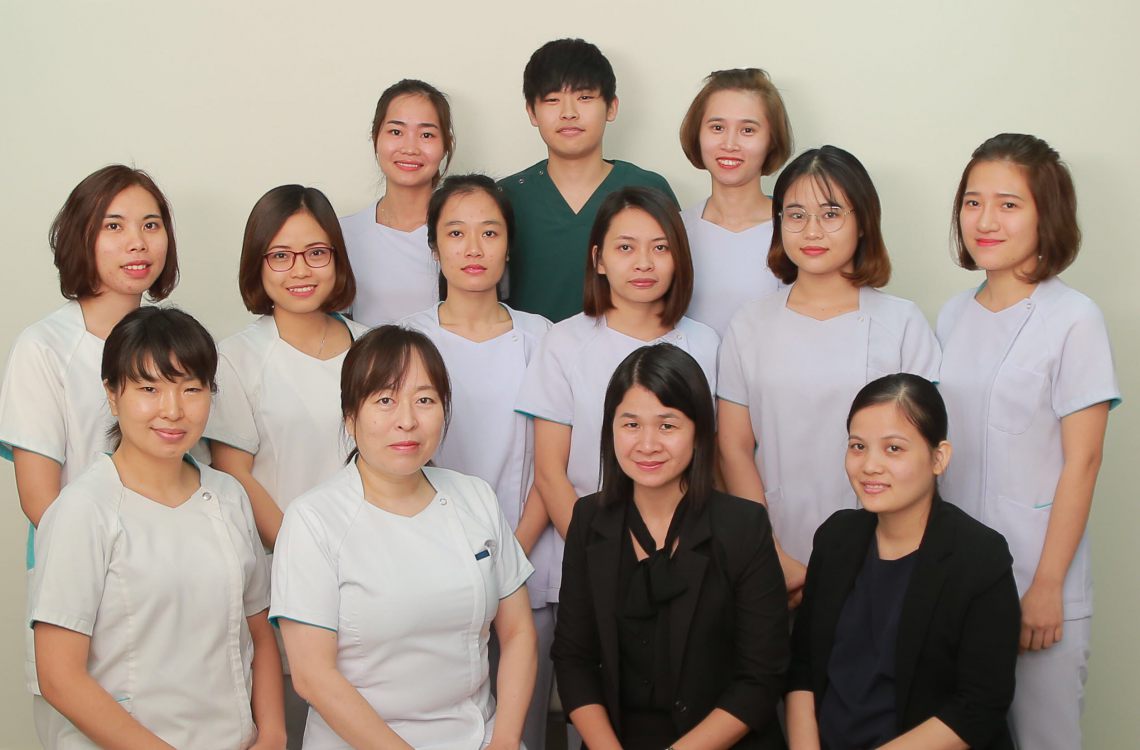Nice to meet you we are RAKURAKU CENTER. We perform therapy to remove the cause of people's symptoms.
PAIN from herniated disc, dangerous complications and prevention methods
Find out more details below👉👉👉
Herniated disc is a condition in which the nucleus pulposus inside the disc is displaced from its normal position, compressing the nerve roots or spinal cord. Patients often experience symptoms such as:• Pain in the lumbar or neck• Numbness in the limbs• Muscle weakness, difficulty moving
However, not everyone with a herniated disc needs surgery.
Treatment depends on the extent of the damage and specific symptoms.
When can conservative (non-surgical) treatment be considered?
About 80–90% of mild to moderate hernias can be cured without surgery if treated early and properly.Conservative regimens often include:• Physical therapy & rehabilitation
• Medication: pain relief, muscle relaxation as prescribed by your doctor• Adjusting posture, scientific lifestyle
• Exercise: strengthening back muscles - abdominal muscles, helping to stabilize the spine
When is surgery needed?
Surgery is indicated when conservative measures are no longer effective or signs of severe nerve damage appear:
• Pain lasting more than 6 weeks, not responding to conservative treatment
• Increasing numbness, loss of sensation, decreased mobility
• Loss of bladder and bowel control - a sign of cauda equina syndrome• Large hernia, causing spinal deformity or spinal cord compression
Note: Surgery is the last resort, should not be abused.
Is a herniated disc dangerous?
- This is a bone and joint disease that should not be taken lightly, because if it is prolonged when the nucleus pulposus escapes too much, the deformed disc will lead to a series of complications such as muscle atrophy, loss of urinary control, and even loss of mobility.
Delayed treatment of herniated discs leads to dangerous complications
herniated disc does not simply cause sharp pain in the back or neck. When the disease progresses due to delayed treatment, the disc will become fibrotic and deformed, the fibrous sac will tear, the nucleus pulposus will completely separate from the disc and compress the spinal cord. At this time, the patient may face many dangerous complications such as:
Damage to the nervous system: The patient feels pain along the nerves, especially in the lumbar region spreading down the legs.
Muscle atrophy, limb weakness: The pain of a herniated disc makes the patient not want to move much, over time it can cause muscle weakness, weak limbs, and even gradual muscle atrophy.
Urinary and bowel disorders: The initial manifestation of this complication is urinary retention. After that, the patient has involuntary urination and defecation because the paralyzed peripheral sphincter cannot hold waste. Sensory disorders: The patient also loses the sensation of heat, cold, and touch in the skin area corresponding to the compressed nerve root. Intermittent claudication syndrome: The patient has movement disorders, difficulty controlling behavior such as being unable to move continuously, forced to rest after only a few steps.
What should be done to prevent complications of herniated disc?Don't wait until the disease is severe to seek treatment, because when the pain is unbearable, as in Ms. Van's case, the disease will progress more severely. Everyone should take the initiative to check their bone and joint health, especially the elderly. Because over time, the bone and joint system - discs will gradually lose flexibility, making these organs susceptible to abnormal problems.More importantly, when you notice frequent and persistent pain, you should go for a check-up. Early and proper treatment will bring positive recovery results, preventing complications of herniated disc. At the same time, the treatment time will also be shortened and cost savings for the patient.
At the same time, to prevent herniated disc from getting worse, patients also need to pay attention to:- Supplement adequate nutrition (fiber, calcium, magnesium, vitamin C, ...).- Limit excessive exercise and lifting heavy objects.- Be careful when turning, twisting, and bending. It is best for the patient to keep their back, neck and head up when performing the above movements. - Avoid lying down or sitting for too long, and should walk gently to avoid complications of muscle atrophy.
Coming to RAKURAKU HEALTH CARE CENTER, patients will be treated and instructed in exercises to help improve problems related to muscles and joints quickly. In addition, they will see the best results when applying the Japanese method that is first available in Vietnam.
RAKURAKU CENTERADD: 17th Floor, Ladeco Building, 266 Doi Can, Lieu Giai, Ba Dinh, Hanoi.
TEL: 024-3939-2525



